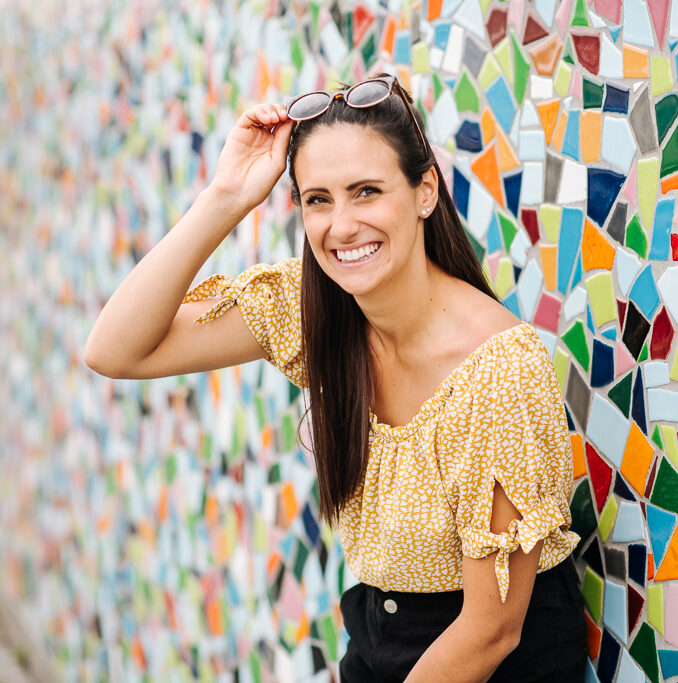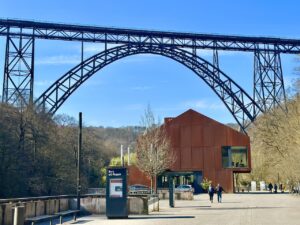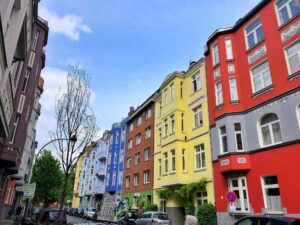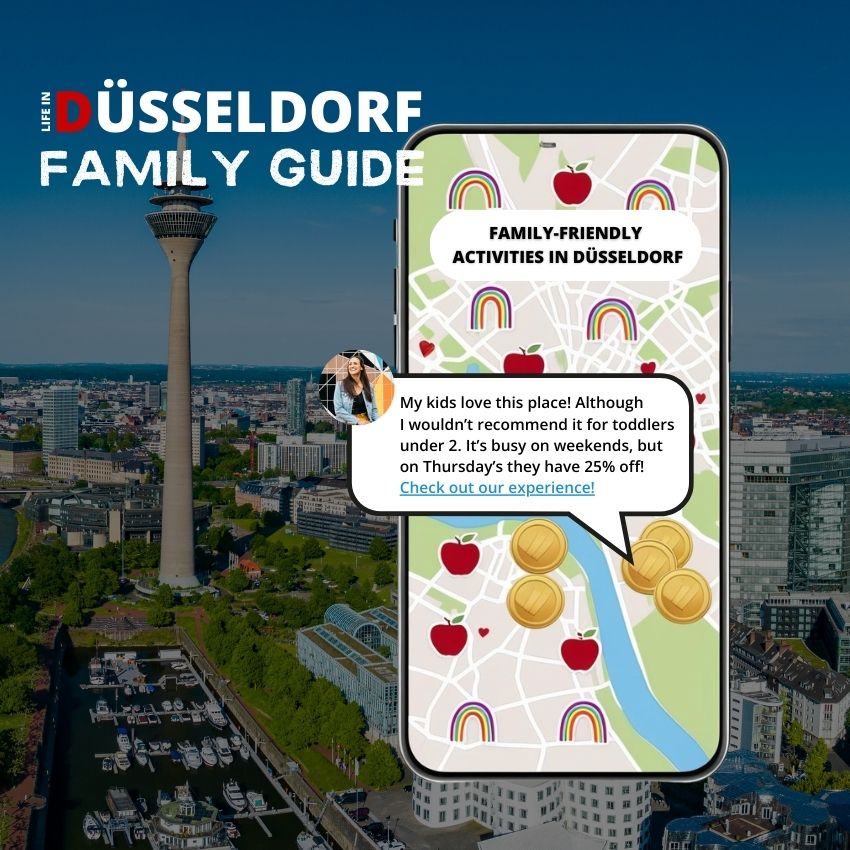The German school system is very different from many international schooling systems. With that being said, many internationals moving to the city of Düsseldorf (or anywhere in Germany for that matter) have a number of questions before registering their children into the system.
Luckily, we have Scott Groza here, Founder of the Groza Learning Center, who is going to give us an easy-to-understand explanation of the German school system and how it works.
It is fascinating to look at the German school system and learn about how it works. Although German educational laws are unique for each of Germany’s 16 federal states, there are some general patterns that help us understand the system.
In addition to needing to make the choice between international or public schooling, learning all about what to buy for your kids’ first day at school, and knowing what to expect on their first day of school… understanding the school system is just as important.
Our recommendation for all your back-to-school essentials
Here is an overview of the primary, secondary and tertiary schools that make up the German school system.
Preschool/Kindergarten
Children of ages three through six have the option of attending state-run preschool programs (often younger as well). These programs are not always free, and they are also not mandatory. Parents can either choose to enroll their children, or not.
Children can often start Kindergarten as early as birth (dependant on the Kindergarten), though many start after the age of 1. Kindergarten (Kita) is not free for the children until they are 3 years of age (this applies only to those located in Düsseldorf). The cost of the Kita from age 0-3 will depend on the parents’ income. You can check the costs according to your income on the Landeshauptstadt Düsseldorf website.
You may also choose to enroll your child into a Großtagespflege or Tagesmutter until the age of 3. Again, the cost of the daycare fees will depend on the parents’ annual income. You can check the costs according to your income on the Landeshaupstadt Düsseldorf Beitragtabelle.
If you would like more information about topics regarding Tagesmutter, Großtagespflege, Kinderfrau and more, you can check out the post “Essential Facts to Understanding the Tagesmutter”
Elementary/Foundational School (Grundschule)
Mandatory schooling begins at age six.
All students are required to enroll in school, whether this is in the form of a public, private, boarding, or special education institution. Homeschooling is illegal. Most students in Germany attend state-run public schools, which are free for the families. From age six to about age ten, (which means from grades one through four in North America), the students receive a foundational education. The curriculum is the same for all students, regardless of ability.
Secondary School
Following four years of Grundschule, parents, and teachers work together to “track” the student onto an educational path that is suited to that student’s abilities and goals. Teachers provide recommendations based on the student’s abilities in the classroom, confidence levels, and level of independence.
Parents usually have the final say in the matter and decide on which secondary school their child will attend. When deciding, they must take into consideration what the child’s future goals are, and what end the education will ultimately serve. Usually, the choices for secondary schools include Hauptschule, Realschule, and Gymnasium. In some states, Hauptschule and Realschule are integrated to form one institution, called Gesamtschule.
Hauptschule
Haupstschule is for students who do best working at a slow pace. They are not motivated by the prospect of receiving a degree which will allow them to move onto the University setting. Instead, they are interested in attending a vocational school and apprenticing for a chosen career. The Hauptschule programs generally end at grade nine, when a student moves on to vocational school. The Haupstschule curriculum includes many job-specific classes.
Realschule
Realschule programs are more rigorous than Hauptschule programs in terms of academic learning. All students are required to take math, German, foreign language, and science. As they progress through the program they will also cover areas like religion, geography, social studies, home ec, and technology. Some, but not all, classes have practical job-oriented applications. The curriculum focuses on a mix of high-level vocational training, and general education.
The students are expected to have a great deal of independence. Realschule students graduate after grade ten is completed with a certificate called the “Realschulabschluss”.
They now have the opportunity to start a job or at some point in their Realschule experience, they may also choose (if their academic achievements are high enough) to switch over to Gymnasium and pursue a diploma, this is called the Oberstufe.
Gymnasium
Gymnasium programs offer students the highest amount of academic rigor. Students who track into this program have likely been high academic achievers throughout elementary school. This program leads to a diploma, which is called the “Abitur”, or “Abi”. Generally, students receive their diploma after grade twelve or thirteen, and recently this is trending towards grade twelve.
Once they have a diploma, the students are qualified to go on to University programs where they can pursue academic or vocational degrees. Gymnasium programs include classes in computer sciences, physics, civics, philosophy, music, and art.
Gesamtschule
In some states, Hauptschule and Realschule have been integrated into one program, referred to as “Gesamtschule”. Students who graduate after grade nine will receive a Hauptschule degree, while those who continue through grade ten will receive a Realschulabschluss certificate. Gesamtschule also includes an Abitur (9 years) similar to Gymnasium and a Fachabitur (8 years) similar to what you may take after Realschule.
Beyond Secondary School
Once a student completes their secondary program, whether that is Hauptschule, Realschule, Gymnasium, or Gesamtschule, they will progress along their learning path into a tertiary school. There are many different kinds of tertiary schools in Germany, including vocational schools and several different categories of university programs. Statistics show that in the past ten years enrollment in universities has increased.
Berufsschule
Graduates of Hauptschule and Realschule may enter into a Berufsschule, which will educate them so that they can perform a trade. Berufsschule consists of academic classes and apprenticeships. Instead of being controlled by the state, this type of program may be overseen by the federal government or a trade union for a specific career field.
- Fachabitur: After you’ve learned the academics in the Berufsschule, you can attend a Fachabitur where you will learn more hands-on. After the Fachabitur, you will then be required to do a one-year internship in a relative job field or an apprenticeship.
- Fachhochschule: If you’ve completed your Fachabitur, you can apply at a Fachhochschule (University of Applied Sciences and Arts). Unlike regular universities, these schools are specialized in specific studies, most often in the technical or artistic trades, and are often more practice-oriented than a classic university might be.
University
Students who have completed a Gymnasium and hold their Abitur diploma are allowed to apply to Universities. Also, students may receive qualifications based on specific areas of study, and gain admission to a university.
If a student holds a school-leaving certificate other than an Abitur, such as a diploma from an international high school, the student might be required to pass an examination or take a specific foundational level course before being considered for admission.
The title “University” in Germany refers to an institution that can award students with a doctorate degree. University curriculum varies. Some are focused on specific areas of study, such as music, art, or education. Other universities may focus exclusively on applied sciences.
Alternative Paths
Some students do not follow the standard path of public elementary school to secondary school. Students with special needs, for example, will be treated in a unique manner so that they can receive appropriate learning aids. In addition, alternative paths may include enrollment at a private school or boarding school.
Unlike the United States or Canada, German students are formally tracked onto different educational paths as early as the fifth grade. The secondary school system in Germany goes from grades five to nine, ten, or even thirteen. The three main types of secondary schools set students up for varying tertiary education options, including vocational school or university studies.











